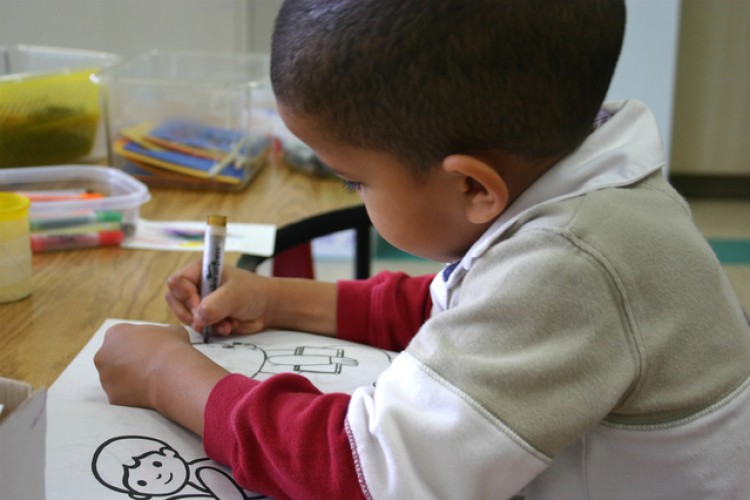
Early Intervention for adopted children ages birth to three years old offers families developmental evaluations, and therapeutic services to children who are found to be eligible. Developmental evaluations assess all areas of development: cognitive, social-emotional, physical development, and self-help/adaptive skills. Each area of development is unique and plays a major role in the child’s functional abilities. All Early Intervention evaluations employ age appropriate standardized testing, materials/toys, and clinical opinion to determine a child’s age equivalent.
The cognitive domain, as assessed by a special educator, includes learning, remembering, thinking, perceiving, feeling emotions, and further experiencing their environment. This also includes the development of a child’s understanding of language. A child’s cognitive skills are reflected by the ways in which s/he plays and solves problems. The cognitive domain is assessed by a special education evaluator.
The social-emotional component refers to a child’s ability to interact and relate to other people including, parents, friends, and other family members. The evaluation of the social-emotional domain is a fundamental necessity that becomes particularly important when working with children who have been adopted. Social-emotional assessment is conducted through the observation and analysis of the child’s interaction with his or her family, caregivers, and the evaluators. A special education evaluator evaluates the social-emotional development.
It is crucial to note that a language delay in a child who is adopted is due to a delay in the child's native tongue and not because s/he knows little to no English.
Physical development allows children to manipulate their way around, giving them the opportunity to explore the world around them; this includes movement and posture, as well as muscle tone and strength. The development of motor skills is the foundation of physical development. These skills can be categorized as either gross or fine. Gross motor skills refer to those tasks that require use of the large muscles, e.g. crawling, walking and jumping and are evaluated by a physical therapist. Fine motor skills are tasks such as making a fist, or using building blocks, that require the use of smaller muscles. Each area of development requires its own evaluation. Gross motor skills are assessed by a physical therapist and fine motor skills by an occupational therapist.
The adaptive domain refers to self-help skills that we use for functional daily living such as, eating, drinking and getting dressed. These skills can vary drastically based on differences of cultural background and past experiences. For some children, this area of development could be the most vital as it could be the most delayed. Both an occupational therapist and special education evaluator include the adaptive domain in their evaluations.
Lastly, communication skills, which are evaluated by a speech-language pathologist measures how the child communicates his or her wants/needs. The communication domain is classified by receptive language skills, which is what the child understands, and expressive language skills, which is what the child says (including non-verbal communication). At times, there can be a great disparity between these two areas. It is crucial to note that a language delay in a child who is adopted is due to a delay in the child’s native tongue and not because s/he knows little to no English.






